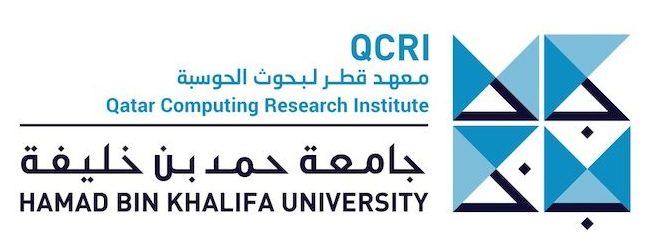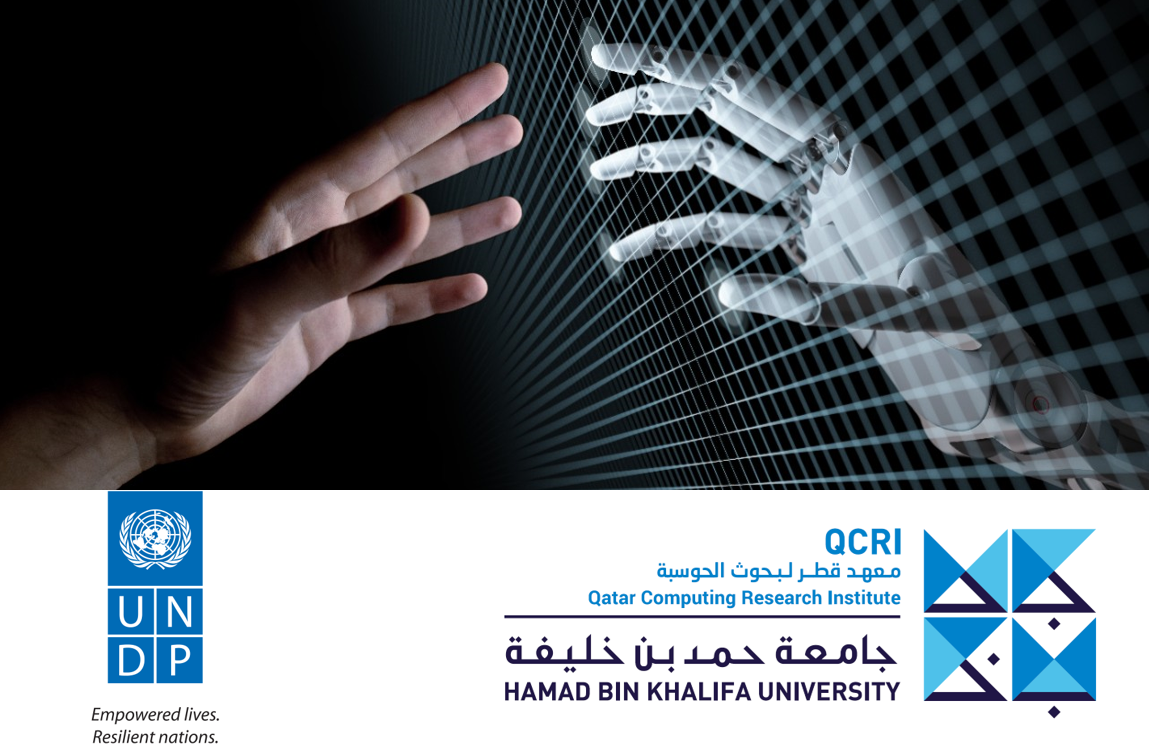
== Event is fully booked. No seats left. ==
Date: 17 February, 2019
Location: HBKU Research Complex, Multipurpose Room
Introduction: Artificial intelligence (AI) is a set of transformative technologies with the potential to greatly aid the development and humanitarian sectors through powerful data analysis.
This workshop on AI for Social Good, jointly organized by the United Nations Development Programme (UNDP) and the Qatar Center for Artificial Intelligence (QCAI) at QCRI, brings together experts and practitioners from a range of stakeholders, including UN agencies, NGOs, academic institutions and industry partners to present their experience with applying AI to solve real world problems in this domain. The workshop will also provide an opportunity to discuss important questions including (i) ethical issues related to how to ensure equal benefits to all and that no one is left behind, (ii) technical and legal issues related to data access, and (iii) operational issues related to the integration of new technologies into existing workflows and decision making processes.
The emphasis will be on forging a realistic outlook bridging the pessimists (“extreme poverty won’t be solved by algorithms”) and the optimists (“this Twitter sentiment dashboard will change everything”) and on identifying opportunities for partnerships among stakeholders.
We invite anyone with an interest in the development and humanitarian sectors and/or novel applications of artificial intelligence to attend, contribute and discuss these topics with leading experts from across sectors and practitioners from around the world.
Please contact Dr Ingmar Weber for questions about the event.
== Event is fully booked. No seats left. ==
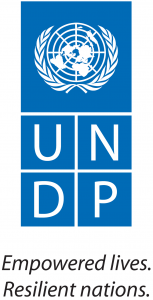
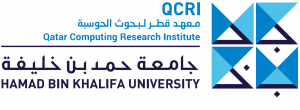
EVENT AGENDA
07:30: Registration & Coffee
08:15 – 10:30: Session 1
- 08:15 – 08:30: Welcome and Opening Remarks
- 08:30 – 08:40: Background about QCAI and the event
- 08:40 – 08:55: #NextGenGov: Reimagining Governance Models [video] [slides]
- Jennifer Colville | UNDP
- 08:55- 09:10: AI for the Most Vulnerable [video] [slides]
- Vedran Sekara | UNICEF
- 09:10 – 09:25: Data Innovation at UNHCR [video] [slides]
- Rebeca Moreno Jimenez | UNHCR
- 09:25 – 09:40: Big Data for a More Resilient Future [slides]
- Samuel Fraiberger | World Bank
- 09:40 – 9:55: Using AI to Detect, Map and Quantify Internal Displacement [video] [slides]
- Justin Ginnetti | iDMC
- 09:55 – 10:05: Displacement Tracking Matrix: Towards a data-driven response to humanitarian crises
- Eduardo Zambrano | IOM-DTM
- 10:05 – 10:30: Q&A, chaired by Ingmar Weber
10:30 – 10:45: Coffee Break
10:45 – 12:00: Session 2
- 10:45 – 11:10: Humanitarian Computing at QCRI [video] [slides]
- Ingmar Weber, Ferda Ofli, Stephan Vogel | QCRI
- 11:15 – 11:25: AI for Accelerating Sustainable Development & Humanitarian Action in the Asia Pacific [video] [slides]
- Mohammed Khaefi | UN Pulse Lab Jakarta
- 11:25 – 11:40: Data Science and Philanthropy: a Case Study on Gender Gaps in Urban Mobility [slides]
- Ciro Cattuto | ISI Foundation
- 11:40 – 12:00: Q&A, chaired by Anisha Thapa
12:00 – 13:00: Lunch Break and Prayer
13:00 – 14:45: Session 3
- 13:00 – 13:15: The Cross-field Applications of Data Science for Social Good
- Pedro Lourenco | Vodafone Research
- 13:15 – 13:30: Understanding migration flows with mobile data: Challenges & Opportunities [video] [slides]
- Pedro Antonio de Alarcon Sanchez | Luca @ Telefonica
- 13:30 – 13:45: The Data for Refugees Challenge: Sharing mobile CDR data for improving the conditions of Syrian refugees in Turkey [video] [slides]
- Albert Ali Salah | Data for Refugees
- 13:45 – 14:00: AI 4 Good – An Overview of IBM Research Science for Social Good Program [video] [slides]
- Bhanu Vinzamuri | IBM Research
- 14:00 – 14:15: Data Collaboratives: The Emergence of Public-Private Partnerships around Data for Social Good [video] [slides]
- Stefaan Verhulst | GovLab
- 14:15 – 14:25: Global Impact Partnerships
- Anna Lerner | Facebook
- 14:25 – 14:45: Q&A, chaired by Tom Lambert
14:45 – 15:00: Coffee Break
15:00 – 16:30: Session 4
- 15:00 – 15:15: Use of Facebook advertising data for humanitarian action [video] [slides]
- Jeffrey Villaveces | iMMAP
- 15:15 – 15:30: Leveraging Big Data, Open Algorithms and AI for Human Development [video] [slides]
- Julie Ricard | Data-Pop Alliance
- 15:30 – 15:45: Shedding Light on Poverty in the Philippines using Transfer Learning and Open Data [video] [slides]
- Isabelle Tingzon | Thinking Machines
- 15:45 – 16:00: Data Aurora in the MENA Region: achievements, opportunities, and challenges [video] [slides]
- Bahia Halawi | Data Aurora
- 16:00 – 16:20: Q&A, chaired by Sanjay Chawla
- 16:20 – 16:30 Closing Remarks
For more information about the different talks, click here.
EVENT SPEAKERS
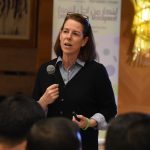
Jennifer Colville
Innovation Team Lead, Arab States, UNDP

Bhanu Vinzamuri
Research Staff, IBM

Vedran Sekara
Research Scientist, UNICEF

Julie Ricard
Deputy Director, Data-Pop Alliance

Jeffrey Villaveces
Head of Office, iMMAP Colombia

Rebeca Moreno Jimenez
Innovation Officer – Data Scientist, UNHCR

Ciro Cattuto
Scientific Director, ISI Foundation

Pedro Rente Lourenco
Data Scientist, Vodafone Research
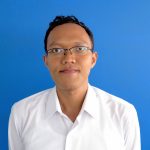
Muhammad Khaefi
Junior Data Scientist, UN Global Pulse, Pulse Lab Jakarta

Justin Ginnetti
Head of Data and Analysis, IDMC

Albert Ali Salah
Associate Professor, Boğaziçi University, Utrecht University

Bahia Halawi
Co-Founder and Data Scientist, Data Aurora

Stefaan Verhulst
Co-Founder and Chief of R&D, GovLab

Ingmar Weber
Research Director, Social Computing, QCRI

Ferda Ofli
Scientist, Social Computing, QCRI

Stephan Vogel
Research Director, Arabic Language Technologies, QCRI

Pedro Antonio de Alarcon Sanchez
Head of Big Data for Social Good, LUCA

Isabelle Tingzon
Machine Learning Researcher II, Thinking Machines
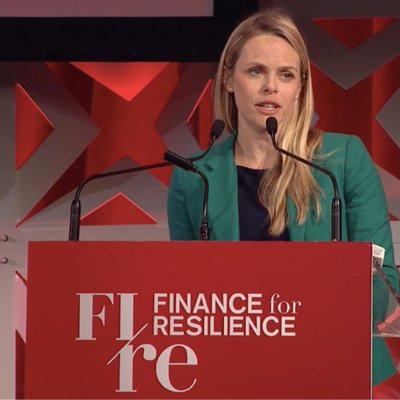
Anna Lerner
Global Impact Program Manager, Facebook
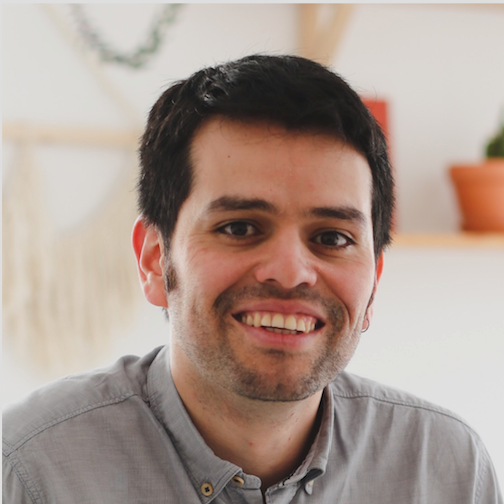
Eduardo Zambrano
Data Scientist, Displacement Tracking Matrix, IOM
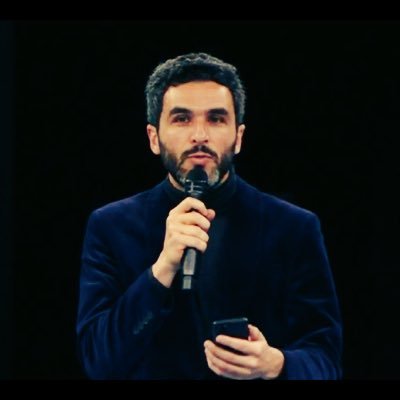
Samuel Fraiberger
Data Scientist, World Bank Group; Visiting Researcher at NYU/Northeastern/Harvard
